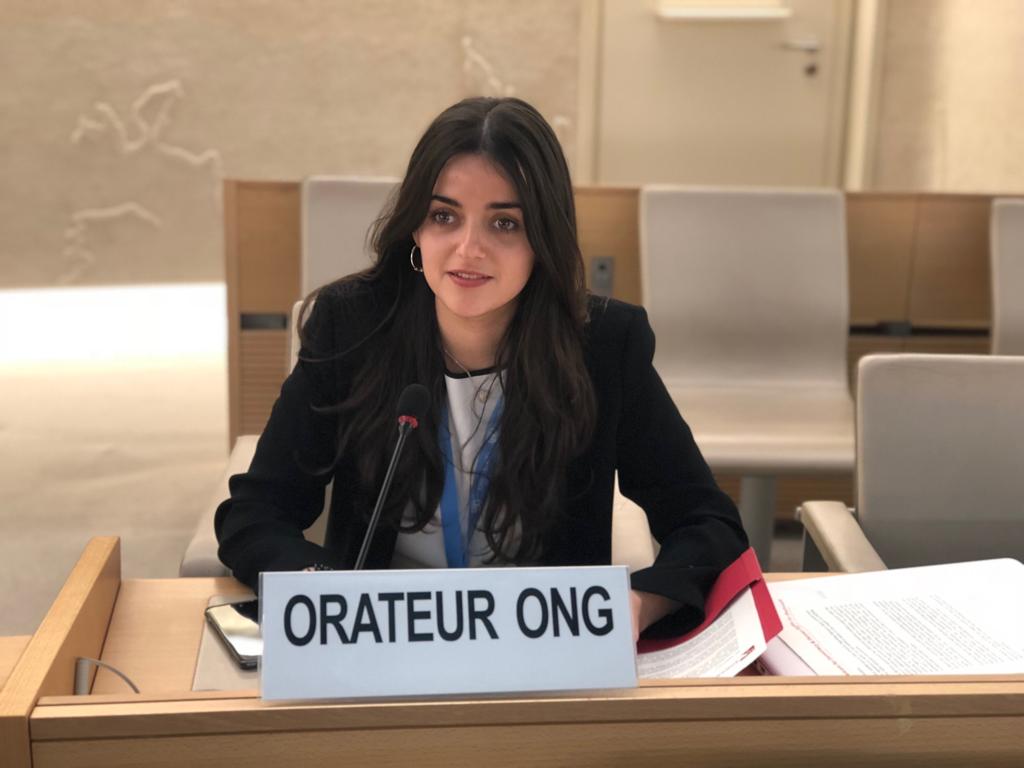On Monday 24 June, on the first day of the 41st session of the Human Rights Council, Americans for Democracy & Human Rights in Bahrain (ADHRB) delivered an oral intervention during the Item 3 Interactive Dialogue with the Independent Expert on sexual orientation and gender identity, and Garcia-Sayán, the Special Rapporteur of the independence of judges and lawyers. In the intervention, ADHRB raised concerns about Bahrain’s failure to establish a fair and impartial legal system, in particular by allowing members of the ruling AlKhalifa family to preside over cases. Continue reading for the text of the intervention, or click here for a PDF.
Rapporteur Garcia-Sayán,
IDO and ADHRB would like to bring to your attention the Kingdom of Bahrain’s failure to establish a fair and impartial legal system, particularly by allowing nepotism to corrupt the judiciary.
The Universal Declaration of Human Rights stipulates that everyone is entitled to a fair trial by an independent and impartial tribunal. However, Bahrain has violated this obligation on multiple occasions, in some cases where the presiding judge was a member of the AlKhalifa ruling family.
For example, Sheikh Mohammed bin Ali AlKhalifa presided over the case of Hakeem Ali AlAraibi, a former football player who was convicted in absentia on 6 January 2014 to 10 years in prison, even though he provided evidence that he was playing in a televised football match at the time the alleged crime happened.
That same judge presided over a case in Karzakan, Bahrain concerning the alleged arson of property that was owned by another AlKhalifa family member. Multiple defendants in the case reported facing torture during interrogations to coerce their confessions.
In both Hakeem’s case and the Karzakan case, the AlKhalifa judge ignored the repeated allegations of torture and used these confessions to convicting the individuals.
Another member of the ruling family, Sheikh Hamad bin Salman AlKhalifa was the judge in the recent conviction of 167 people for their participation in a non-violent sit-in in the village of Duraz in May 2017, which security forces attacked with tear gas and shotguns. In this action, security forces killed five people and arrested over 286.
Mr. Rapporteur, what recommendations do you have for countries like Bahrain, where the judiciary is corrupted by concerns about nepotism?
Thank you





